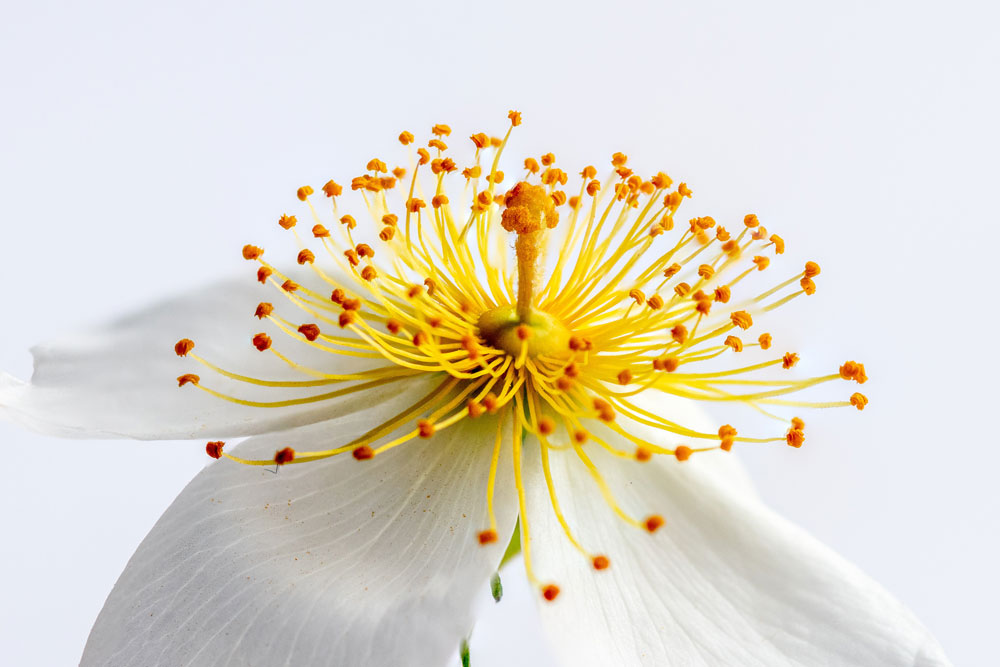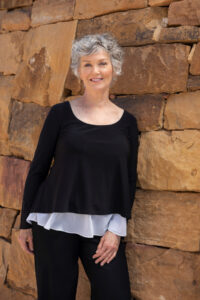Jenny Odell is an artist, Stanford prof, and thought leader whose provocative book, How to Do Nothing: Resisting the Attention Economy is the focus of this episode.
Odell’s book is a provocative take on taking ourselves back.
How to Do Nothing: Resisting the Attention Economy was named one of the best books of the year by Time, The New Yorker, NPR, Vulture, Fortune, Boing Boing, and was one of President Obama’s Favorite Books of 2019.
Melanie shares writings from the book, along with her own observations and thoughts and personal stories.
When we can wield our attention in a more intentional way, we have personal agency over our choices, our fears, our subconscious biases, and outmoded beliefs about how the world works. If this pandemic has done nothing else, it’s demonstrating just how out of control we are about how the world is supposed to work.
Which gives us the space, the incentive even, to begin forging better pathways forward.
As Jenny Odell writes: “Simple awareness is the seed of responsibility.” She goes on to say:
It’s a bit like falling in love — that terrifying realization that your fate is linked to someone else’s, that you are no longer on your own. But isn’t that closer to the truth anyway? Our fates are linked, to each other, to the places where we are, and everyone and everything that lives in them. How much more real my responsibility feels when I think about it this way! This is more than just an abstract understanding that our survival is threatened by global warming, or even a cerebral appreciation for other living beings and systems. Instead this is an urgent, personal recognition that my emotional and physical survival are bound up with these “strangers,” not just now, but for life.
“It’s scary, but I wouldn’t have it any other way. That same relationship to the richness of place lets me partake of it too, allowing me to shape-shift like the flocks of birds, to flow inland and out to sea, to rise and fall, to breath. It’s a vital reminder that I’m human, I am heir to this complexity — that I was born, not engineered. That’s why, when I worry about the estuary’s diversity, I am also worrying about my own diversity — about having the best, most alive parts of myself paved over by a ruthless logic of us.
Dr. Melanie Harth’s website here
transcript of Jenny Odell’s talk, which became the book


